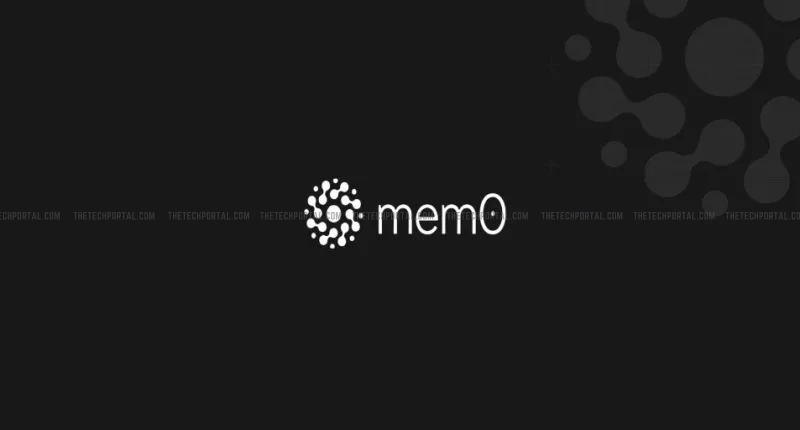With frequent use of LLM-driven AI models, a peculiar case that most users encounter, is that of forgetfulness of the AI agent. While humans can simply pickup conversations from where they left, AI agents almost always tend to start from scratch. Mem0, a San Francisco-based memory infrastructure company, aims to change that. And the AI upstart has secured $24 million in Series A to do exactly that.
The round was led by Basis Set Ventures, with participation from Peak XV Partners, Kindred Ventures, the GitHub Fund, and Y Combinator. The fresh infusion of capital included the participation of executives from Datadog, Supabase, PostHog, GitHub, and Weights & Biases, underscoring strong support from the developer ecosystem. The company said it will use the proceeds to expand its engineering team, support enterprise deployments, and form new partnerships with AI platforms and tooling providers.
“The agentic future depends on solving memory. But when developers try to build it themselves, they discover it’s far harder than expected. That’s where Mem0 comes in. With just three lines of code, developers can transform stateless agents into systems with powerful personalization. Since launch, thousands of developers, startups, and enterprises have trusted us with their memory needs in production. Today, we’re announcing our $24M raise across Seed and Series A. Our Seed round was led by Kindred Ventures, and our Series A was led by Basis Set Ventures, with participation from Peak XV Partners, GitHub Fund, and Y Combinator. We’re also backed by an incredible group of angel investors including Scott Belsky, Dharmesh Shah, and the CEOs of companies that have built core infrastructure at scale—Olivier Pomel (Datadog), Paul Copplestone (Supabase), James Hawkins (PostHog), Thomas Dohmke (ex-GitHub), and Lukas Biewald (Weights & Biases),” the firm announced in its official statement.
Founded in 2023 by Taranjeet Singh and Deshraj Yadav, Mem0 offers a production-ready memory layer that developers can integrate with a few lines of code. The system captures and stores contextual information from user interactions, resolves conflicting data, assigns confidence scores, and retrieves relevant memories to improve personalization and continuity in AI workflows. As large language models reach maturity in reasoning and scale, the ability to retain, recall, and build on past context is critical for creating intelligent and personalized systems, and this is where Mem0 comes in. Singh has been a serial entrepreneur in the truest sense, having started a bunch of companies with many failing while others seeing varied success.
The company’s open-source API has become one of the most widely adopted memory frameworks for developers building AI agents. Mem0 reports more than 41,000 GitHub stars, 14 million Python package downloads, and a surge in API usage — from 35 million calls in the first quarter of the current year to 186 million in the third quarter. Thousands of startups and enterprises have deployed Mem0 in production, according to the firm.
“We want developers to offer day-one personalization through a shared memory network,” Singh said. “Think of it as Plaid for memory. For now, we’re focused on building the best memory infrastructure product possible.” The startup previously raised $3.9 million in seed funding led by Kindred Ventures before joining Y Combinator’s Winter 2024 batch. Other notable angel investors include HubSpot co-founder Dharmesh Shah, former Adobe executive Scott Belsky, Datadog CEO Olivier Pomel, former GitHub CEO Thomas Dohmke, Supabase co-founder Paul Copplestone, and Weights & Biases founder Lukas Biewald. Mem0’s founders bring deep technical experience in AI systems and developer tools. Singh, who previously worked at Paytm and Khatabook, built one of the first GPT app stores before launching Embedchain, an open-source retrieval framework that gained over 8,000 GitHub stars. Yadav, the company’s CTO, formerly led the AI platform for Tesla Autopilot.
The Tech Portal is published by Blue Box Media Private Limited. Our investors have no influence over our reporting. Read our full Ownership and Funding Disclosure →






